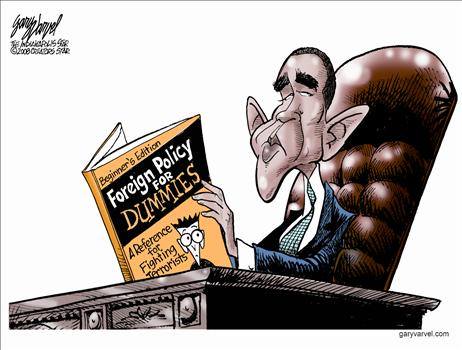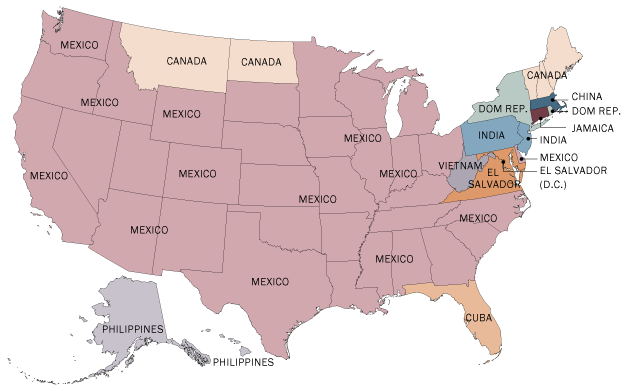The Real Obama Legacy, Part 1: Foreign Policy

How will Obama be viewed historically? The obvious answer is: in two completely different ways. First, he is now, has been, and will be remembered as one of our greatest, most consequential presidents … by the far left “Mainstream” Media who have uncritically supported him all along. According to a recent CNN broadcast, Obama’s leading accomplishments are “comprehensive healthcare, the rescue of the global economy, the historic deal with Iran to halt that nation’s march towards a nuclear weapon, the global climate change agreements, the appointment of two women to the U.S. Supreme Court, and his moves on social issues such as marriage equality for gay Americans, equal pay legislation, criminal justice reform, and more.”
The second answer is not so generous. We have decided to present our evaluation in a three-part series covering:
- Foreign Policy
- Economic Legacy
- Race Relations
Part 1 focuses on some of the key failures of Obama’s foreign policy that led to the Trump victory in November, principally the passivity of his policy in the Middle East and his championing of the globalist cause of open borders.
Part 1: Foreign Policy
Those who would claim that Obama is one of our greatest presidents are the same folks who have been selling the story that Trump is the new Hitler. Presumably, they believe that in February 2017 Trump will begin rounding up 6 million Muslims and sending them to camps to be executed, much like the US did after Pearl Harbor with Japanese-Americans. What? We did not send 6 million Japanese-Americans to death camps in California? Mea culpa, but it’s hard to keep pace with the revisionist propaganda being taught in our schools and colleges. Read more






